There is no definitive answer to whether alcohol consumption impacts fertility, but there are a few things you should know. First, it’s important to remember that alcohol consumption can affect both men and women differently. Second, it’s important to understand the way alcohol affects sperm. Third, it’s essential to be aware of the various types of alcohol and how they impact fertility.
Table of Contents
Is alcohol harming your fertility?

There is growing concern that alcohol may be harming fertility. Research suggests that alcohol consumption can reduce sperm count and quality, and increase the risk of birth defects. Additionally, heavy drinking can damage the reproductive organs, including the ovaries, uterus, and fallopian tubes. If you are considering having children, it is important to talk to your doctor about your drinking habits and whether they may be impacting your fertility.
Alcohol and female fertility

There is no clear answer about whether alcohol affects female fertility. Some studies suggest that drinking can decrease fertility, while other studies indicate that moderate drinking may not have a significant impact. However, many experts believe that any alcohol consumption can potentially negatively affect fertility in women. Here are some of the issues that alcohol may bring about to fertility in women.
Alcohol disrupts your hormone levels
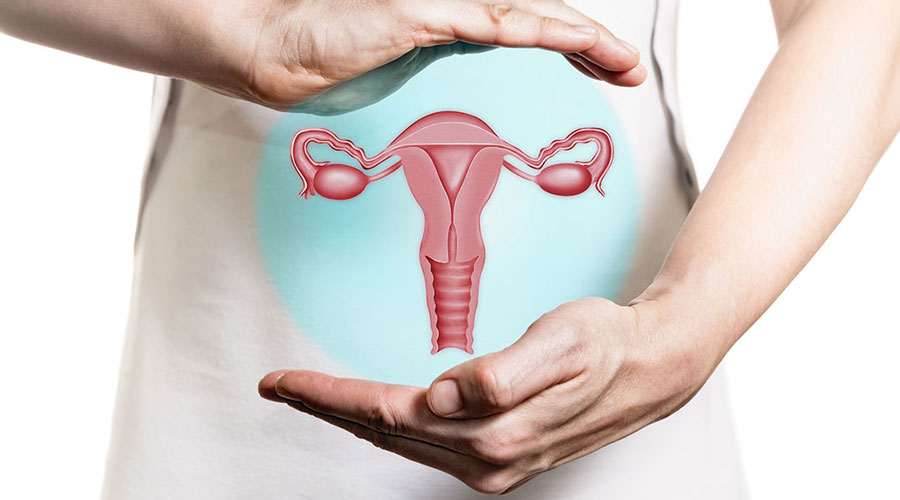
Alcohol consumption can lead to disrupted hormone levels in women, according to a study published in the journal Alcoholism: Clinical and Experimental Research. The study found that alcohol consumption can impair ovulation, increase the risk of miscarriage, and increase the risk of developing endometrial cancer. The authors of the study said that these findings underscore the importance of drinking moderation in women.
Alcohol and your cycle

There is some evidence to suggest that alcohol can interfere with a woman’s menstrual cycle. A study published in the journal Human Reproduction found that women who drank heavily during their cycle experienced a higher number of irregular periods. Additionally, drinking alcohol can increase a woman’s risk for developing endometriosis. However, further research is needed to determine the full extent of the relationship between these two factors.
Ovulatory issues from alcohol
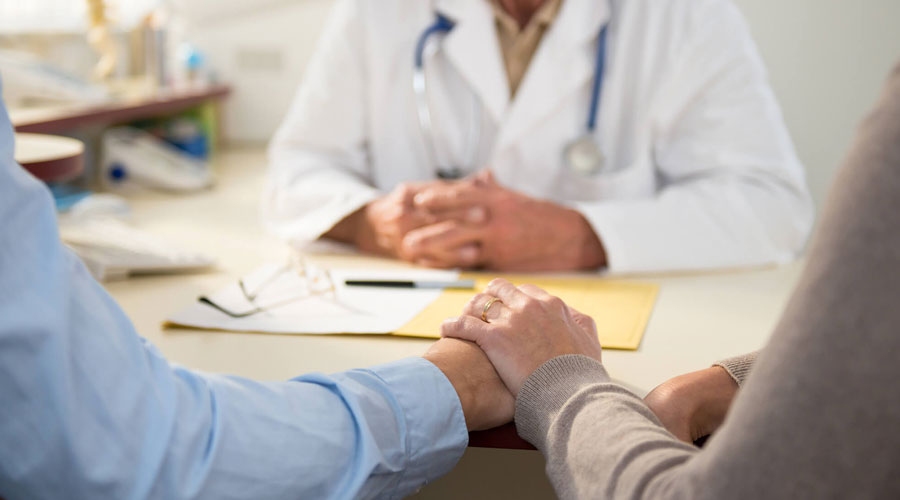
Ovulatory issues from alcohol can include irregular periods, infertility, and birth defects. The Mayo Clinic states that even low levels of alcohol can affect ovulation, making it difficult to conceive. Women who drink heavily may also experience problems with fertility because of the damage done to the reproductive organs. Alcohol abuse can also lead to increased rates of miscarriage and stillbirth. If you are struggling with any concerning ovulatory issues, it is important to seek help from a qualified medical professional.
Alcohol and male fertility
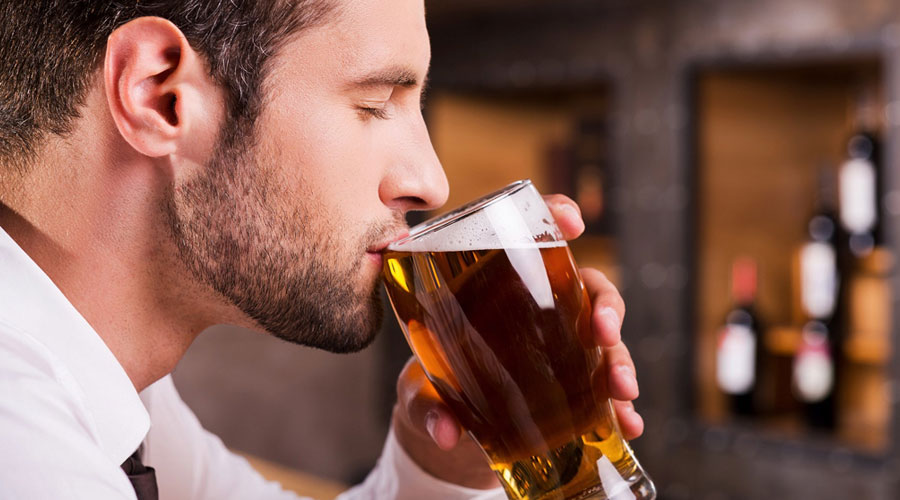
Research suggests that alcohol consumption may reduce fertility in men. Heavy drinking can lead to low sperm counts, reduced testosterone levels, and problems with sexual function. However, there is limited research on the effects of moderate drinking on male fertility. Some studies suggest that moderate drinking may have no negative effect on male fertility, while other research suggests that it may have a minor impact. The jury is still out on this topic and more research is needed to determine the full impact of alcohol consumption on fertility in men.
Decreased sperm quality caused by alcohol
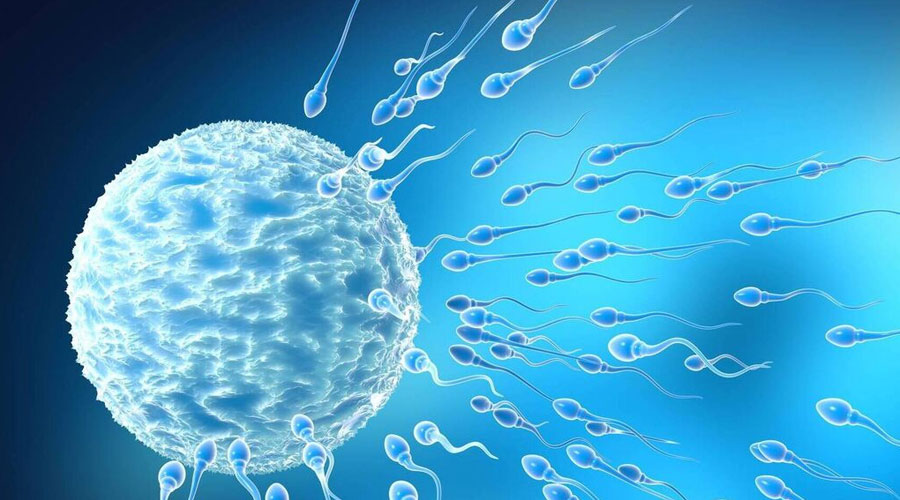
There has been a startling increase in male infertility cases linked to alcohol consumption, as sperm quality diminishes with repeated abuse. Alcohol can damage the sperm’s ability to swim, move, and fertilize an egg. Research suggests that even moderate alcohol intake can reduce sperm count and quality.
A recent study published in the journal Human Reproduction found that men who regularly consume alcohol have a decreased sperm quality. The study was conducted on 178 men and looked at their sperm’s count, shape, and movement. The researchers found that men who consumed more than 21 drinks a week had a 43% decrease in sperm concentration and a 33% decrease in sperm motility. Interestingly, this decrease was not related to other lifestyle factors such as smoking or obesity.
For men who are struggling with infertility, it is important to make a conscious effort to cut back or quit drinking altogether if possible.
Decreased sexual performance due to alcohol

Alcohol consumption has been linked with decreased bed performance in men. This is due to alcohol’s effect on testosterone levels, which can lead to reduced sexual desire and performance.
According to the National Sleep Foundation, alcohol consumption has been linked to a decrease in bed performance in men. Alcohol consumption can lead to sleepiness and poor judgment, making it difficult for men to engage in sexual activity. Some men may also find it difficult to maintain an erection due to the effects of alcohol.
Alcohol consumption also impairs sleep quality and leads to daytime fatigue. Consequently, reducing or eliminating alcohol consumption may improve bed performance in men.
Tips for reducing your alcohol intake

If you’re looking to cut back on your alcohol intake, here are some tips to follow:
Identify your personal drinking habits. Are you usually having one or two drinks at night before bed? Are you often taking shots with your friends? Once you know what kind of drinking you’re doing, it’s easier to make changes.
Start by cutting down on how much you drink each day. If you can limit yourself to one or two drinks each night, you’ll be more likely to stick to a healthier drinking habit overall.
Alternate drinks if possible. If you find yourself drinking more than you intended, try alternating alcoholic drinks with water or tea. You might also consider having a few drinks with your meals instead of starting at an empty stomach. This may help you to avoid drinking too much in the first place.
Limit your alcohol intake. If you do choose to drink alcohol, try to limit yourself to one or two drinks per session. You may also want to try a low-calorie, non-alcoholic beverage such as club soda or tonic water.
Caffeine intake and fertility

Caffeine is a naturally occurring stimulant found in many plants, foods, and caffeinated beverages. Caffeine is a drug that is commonly consumed in coffee, tea, cola, energy drinks, soft drinks, and other drinks. The caffeine consumption of an average human is about 300-400mg of caffeine daily, which is about the equivalent of two cups of coffee. It has been suggested that caffeine intake may have negative effects on fertility. A study published in the journal Reproductive Biology and Endocrinology examined the impact of caffeine intake on sperm quality in 159 men. The researchers found that high levels of caffeine intake were associated with decreased sperm concentration and motility. Therefore, caffeine affects fertility.
Caffeine intake has been linked to fertility problems in both men and women. For men, caffeine can reduce the count of sperm and its motility. And for women, caffeine can increase the risk of miscarriage and early birth. The effects of caffeine intake on fertility vary depending on the person and the dose. Some people experience interference with ovulation or a decrease in fertility, while others have no noticeable effect. There are some ways to minimize the effects of caffeine intake on your fertility.
Reproductive health and fertility treatments
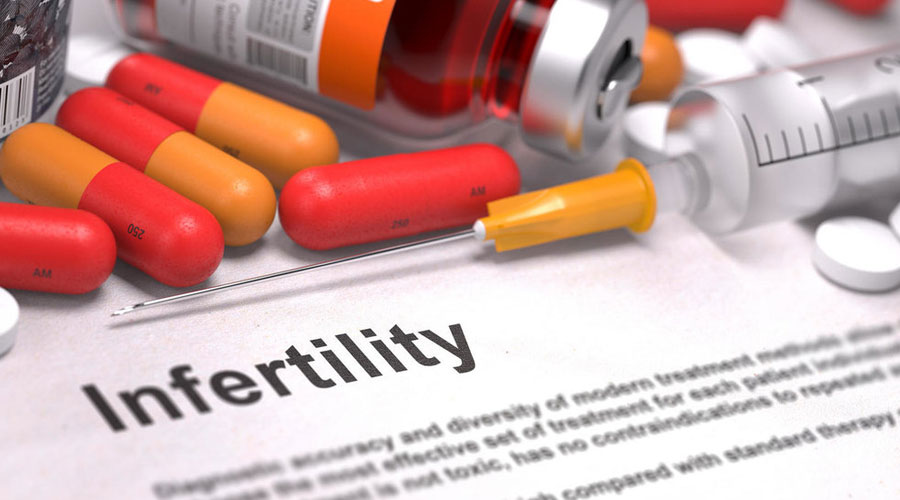
Reproductive health encompasses a variety of topics related to the sexual and reproductive lives of individuals. Reproductive health and fertility medications are important for everyone, regardless of their age or health condition. There are many options available to help people have healthy children, and the best approach for each person depends on their specific needs.
Fertility treatments are treatments that can help increase a person’s chances of having a baby. These treatments include things like using fertility drugs and using assisted reproductive technologies (ART). There are many different types of fertility treatments, and each one has its own risks and benefits. It’s important to talk with your doctor about what might be the best treatment for you.
Inference
In conclusion, alcohol consumption can have a negative impact on fertility. If you are trying to conceive, it is best to avoid drinking any alcohol. If you are already pregnant, it is best to abstain from alcohol altogether. If you cannot completely abstain from alcohol, then limiting your intake to one drink per day is the recommended amount.
FAQ
Can alcohol stop you from getting pregnant?
There are many myths surrounding alcohol and pregnancy. Some people believe that drinking will prevent them from getting pregnant, while others believe that heavy drinking can lead to early birth defects in the baby. However, the truth is that there is no clear evidence that links either moderate or heavy drinking with an increased risk of pregnancy loss or birth defects. In fact, according to most medical experts, alcohol consumption during pregnancy is not associated with any specific problems.
How much does drinking alcohol affect fertility?
There is no definitive answer to this question as drinking alcohol can have a variety of impacts on fertility, depending on an individual’s specific circumstances. However, some research suggests that drinking alcohol may reduce fertility by affecting both male and female reproductive systems. Additionally, heavy drinking has been linked with a number of other health problems, including low count of sperm and decreased sexual function in men. Therefore, it is important for couples trying to conceive to consider the impact of drinking on their fertility before making any decisions.
Is it OK to drink alcohol while trying for a baby?
There is a lot of debate surrounding the topic of drinking while trying to conceive, with some people claiming that it’s safe to drink alcohol while trying for a baby, while others insist that it’s not a good idea. There are a few factors to consider when making this decision: how much alcohol you’re drinking, whether you’re pregnant or not, and your health history.
What does caffeine do to ovulation?
Caffeinated beverages are becoming more common, especially among college students. Caffeinated beverages include tea, soda, soft drinks, and energy drinks. A study by the National Sleep Foundation found that one-third of students aged 18 to 24 drink caffeinated beverages every day. Caffeine is a stimulant and can improve focus, alertness, and energy levels. But be aware of the risks associated with its overconsumption, because caffeine affects sleep and overall mental health. Risks linked to excessive caffeine intake include insomnia, anxiety, dependence, and fertility.
Coffee and various types of tea contain caffeine. Some caffeinated beverages such as energy drinks and some soft drinks have high caffeine content. Aside from insomnia and anxiety, caffeine has been linked to fertility. Caffeine intake can have a number of effects on ovulation. One is that caffeine intake can increase the production of prolactin, which can suppress ovulation. Another is that caffeine intake can decrease the production of luteinizing hormone (LH), which leads to a decreased chance of ovulating. Furthermore, caffeine intake can also make it harder for a woman’s cervical mucus to form in the presence of sperm, and it can increase the risk of miscarriage.
Can 1 cup of coffee affect fertility?
Coffee is a popular beverage across the globe, and it is often enjoyed in conjunction with other foods and drinks. However, some people are concerned about the potential fertility effects of caffeine consumption. A study published in 2016 in the journal Fertility and Sterility looked at whether or not one cup of coffee per day can affect fertility. The study found that there was no significant difference between the fertility rates of men who consumed coffee and those who did not.
Therefore, caffeine consumption, particularly 1 cup of coffee a day may not bring about any harm. However, caffeine consumption, whether moderate or not may bring different results to individuals depending on their situation.
The average amount of caffeine in a cup of coffee is 85mg but it can range from 40mg to 175mg depending on the type of coffee beans, and how the coffee is prepared. Research shows that drinking a lot of coffee, tea, and caffeinated soft drinks may increase the time it takes to get pregnant.
